With mere days until Donald Trump’s inauguration for his second term, Mark Zuckerberg has decided to pull a complete 180 on Meta’s content moderation policies. Coincidence? I think not.
In a recent video, Zuckerberg talked about how the company’s attempts to curb misinformation post-2016 led to an overabundance of “censorship.” Zuckerberg argued that Meta’s current content moderation systems, which rely heavily on complex algorithms and third-party fact-checkers, are too prone to mistakes and have resulted in an unacceptable level of censorship. “Even if they accidentally censor just 1% of posts, that’s millions of people,” he said, “and we’ve reached a point where it’s just too many mistakes and too much censorship.” Well, he now points to Trump’s re-election as a “cultural tipping point” back towards prioritizing free speech above all else.
“We’re going to get back to our roots and focus on reducing mistakes, simplifying our policies and restoring free expression on our platforms. More specifically, here’s what we’re going to do. First, we’re going to get rid of fact checkers and replace them with community notes similar to X, starting in the U.S.”
Taking a leaf out of Elon Musk’s playbook on X, Zuckerberg is pushing forward with “community notes” to ditch third-party fact-checkers. People aren’t always the best arbiters of truth, but Zuckerberg seems to think that this is a risk worth taking.
So, why the sudden change of heart?
Mark’s sudden change of heart has less to do with a genuine concern for free speech and more to do with the fact that he’s trying to stay in the good graces of Trump. From being a target of Trump’s ire, to making a hefty donation to Trump’s inaugural fund, Zuckerberg’s actions suggest a strategy of appeasement — or perhaps an insurance policy against future political and regulatory backlash.
But the implications of this decision go far beyond just one man trying to save his own skin. By abdicating their responsibility to combat the spread of false information, Meta is essentially giving bad actors a green light to manipulate public opinion and sow discord on their platforms. A 2018 study by researchers at MIT found that false news spreads six times faster than true news. And given the immense reach and influence that Facebook, Threads, and Instagram have, particularly among younger demographics who may be more susceptible to misinformation, the consequences could be dire.
If we want to protect the integrity of our democracy and ensure that social media platforms are not used to spread misinformation and sow division, we need strong, independent fact-checking partnerships and clear, consistent content moderation policies. We cannot allow the whims of billionaire tech moguls and the demands of authoritarian leaders to dictate the terms of our public discourse. Ultimately, the success or failure of the community notes program will depend on how it’s implemented and how well it’s received by users. If it turns out to be a useful tool for combating misinformation, then Zuckerberg’s gamble may pay off. Either way, Meta’s about to let the posts fly free.

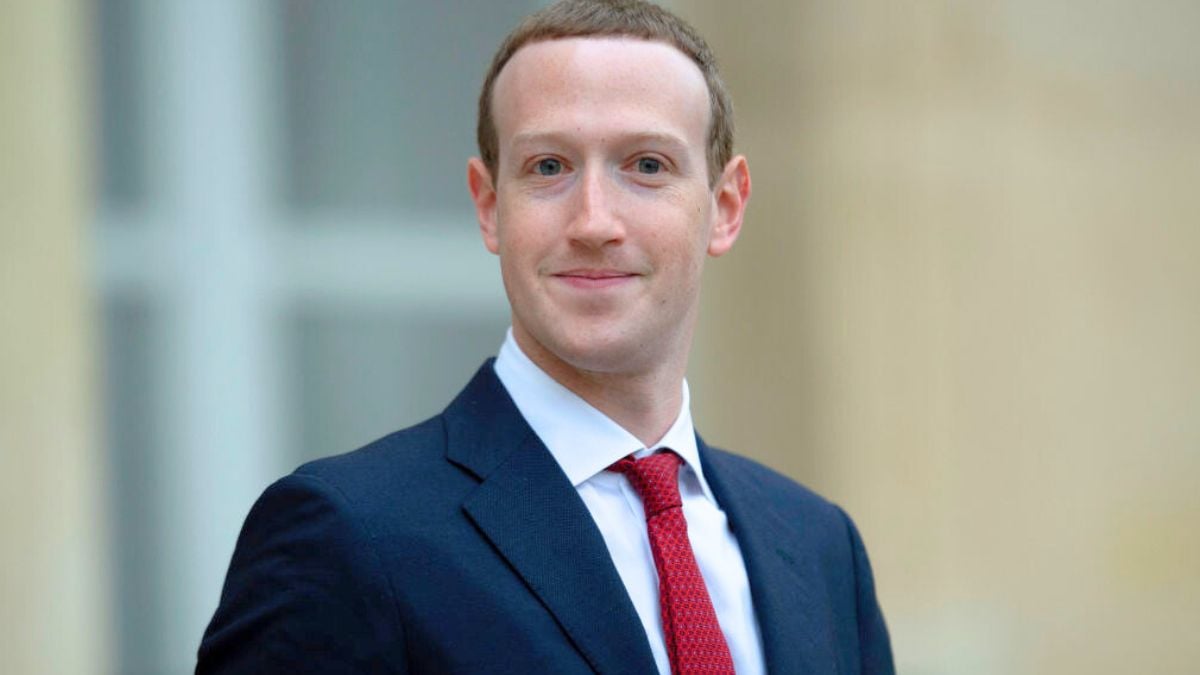

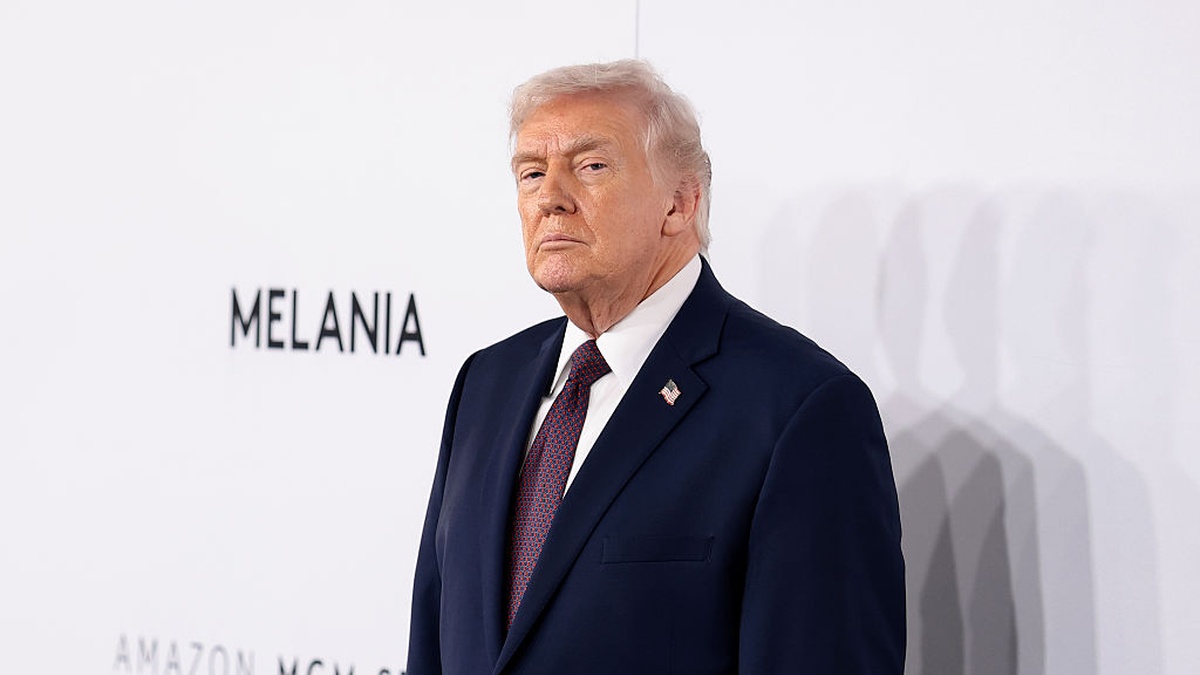

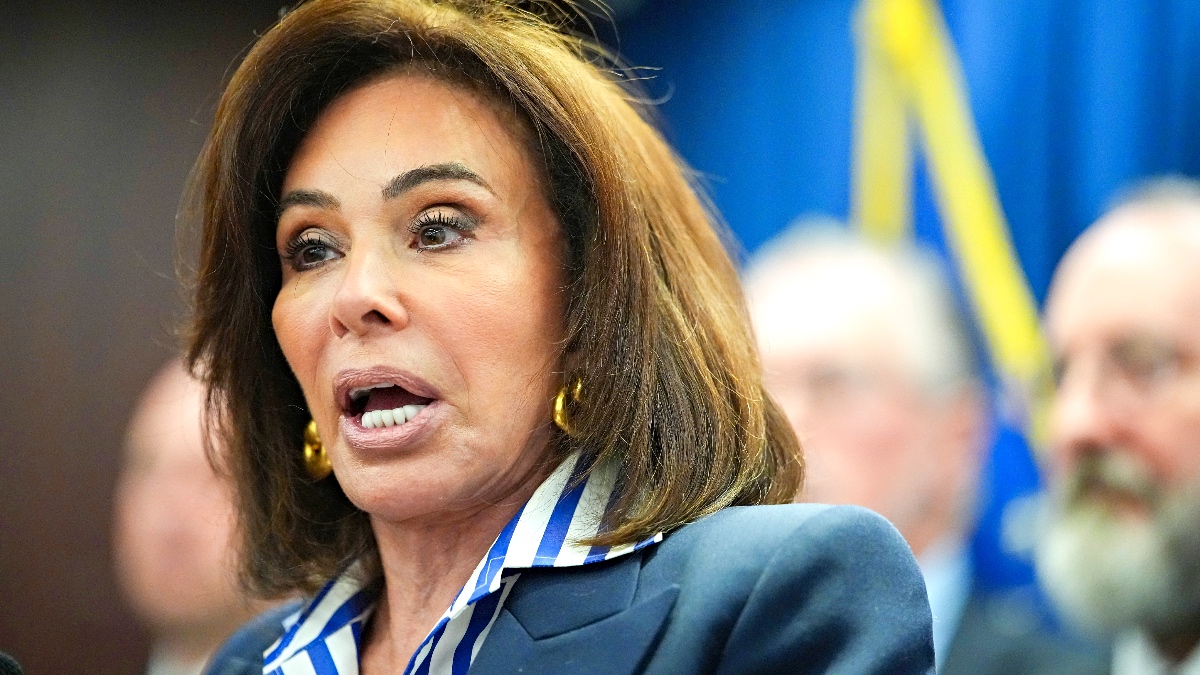
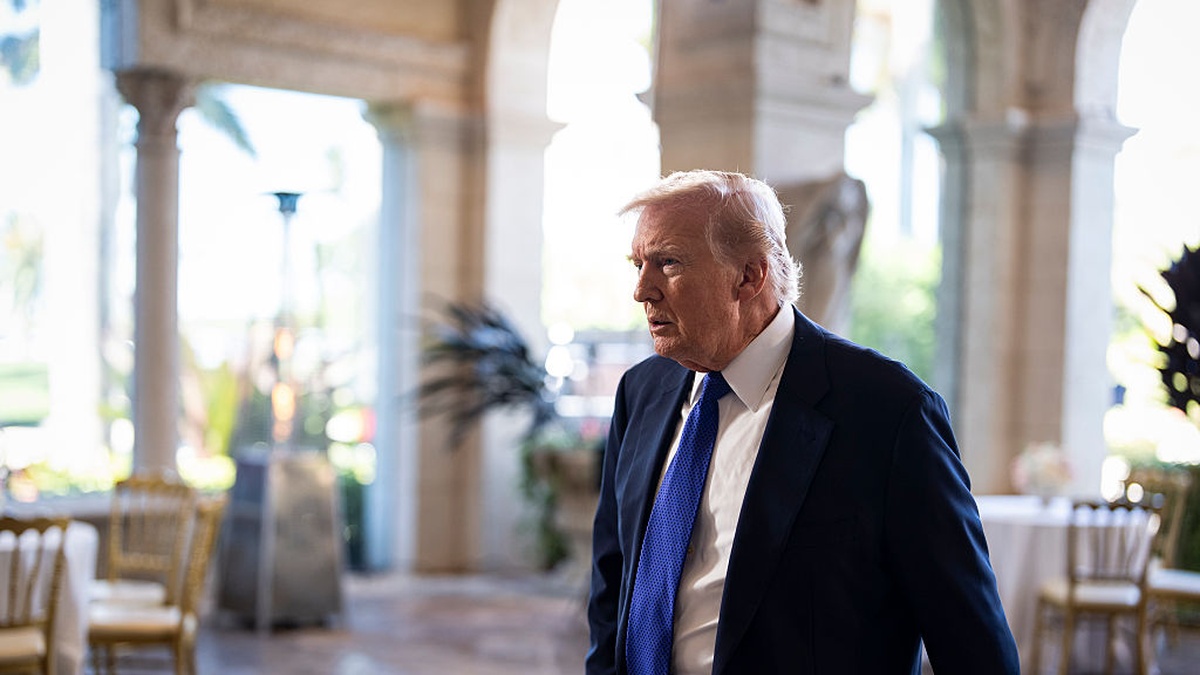

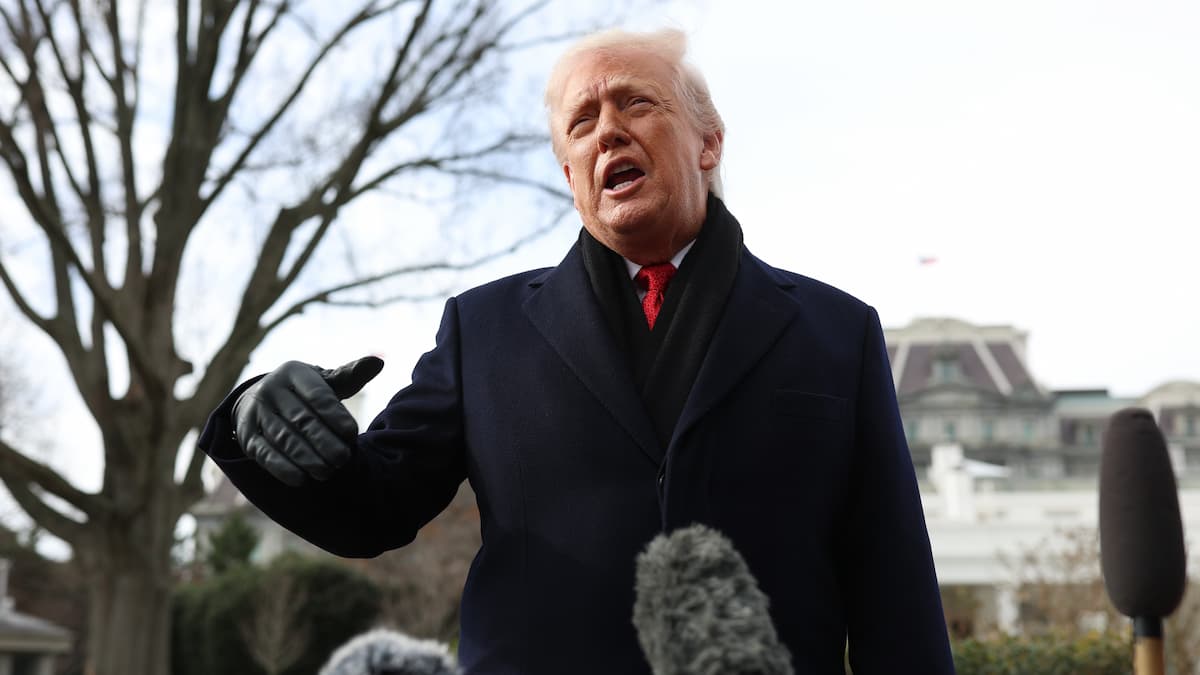
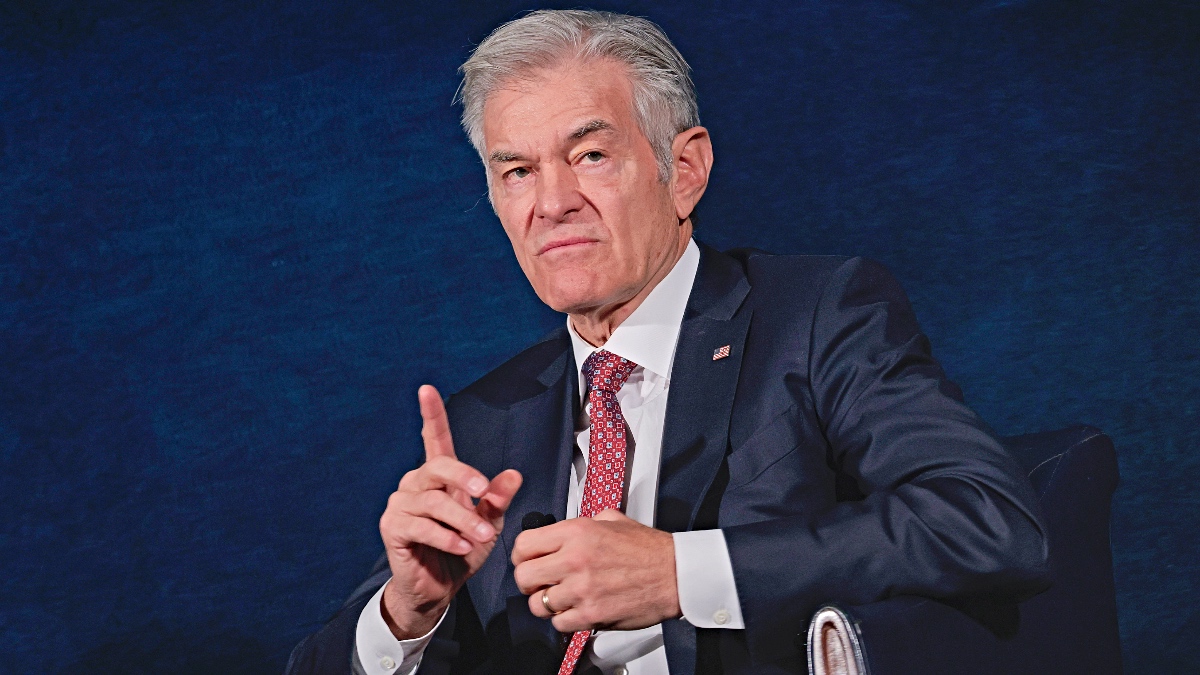

Published: Jan 7, 2025 05:01 pm